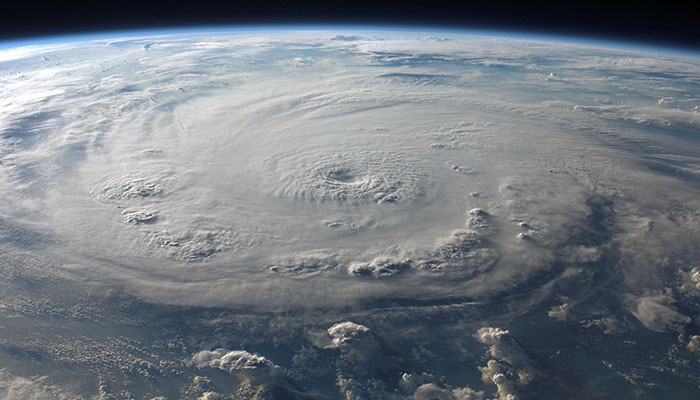From varying terrain to landslides and flash flooding, the mountains present unique challenges for which residents must prepare. In this article, we will discuss five key steps for protecting your home and property during tropical weather in Asheville, NC:
1) Know What Weather to Expect
Hurricanes and tropical storms can bring significant rainfall rates that will differ significantly with the varying terrain of western North Carolina. Winds are often more intense in higher elevation, but can also slice through the valleys. Banding showers and storms mean the intensity will change from hour-to-sor, so the key to keeping your family safe is to know what to expect and when to expect it. Remaining vigilant and weather-aware is key to protecting your home and family. Key steps for knowing what to expect include:
- Listen to Our Local Meteorologists: Jason Boyer in Asheville, Brad Panovich in Charlotte, and Christ Justus in Greenville are excellent meteorologist. They will keep us update via television and social media throughout the event.
- Know Where the Storm is Moving: The track of the storm is yet to be finalized. We will not know for sure where it will go till after it makes landfall in Florida. Its direction will significantly impact conditions in our area. Do not let your guard down until the threat has completely passed.
- Keep a Battery-Powered Radio Nearby: If winds are intense, power may fail. It is important to keep a battery-powered radio handy.
- NOAA Weather Radio: A NOAA radio will alert you and your family of warnings and watches issued by the National Weather Service.
- Stay Home, If at all Possible: During tropical weather events, conditions will change rapidly throughout the event. If you must travel, make sure you are aware of what weather to expect while you are out. Flash flooding can happen quickly. Turn around, don’t drown.
2) Anchor Loose Lawn Furniture and Decorations
Even if Irma is downgraded to a tropical depression, wind gusts will likely exceed 40 mph. Mountain tops could experience gusts of close to hurricane strength. These winds will be enough to blow around lawn furniture and decorations; therefore, it is important to tie down these items or bring them inside before they damage your home.

3) Prepare Your Gutters and Roof
Dirt and debris in your gutters and on your roof, will cause water to drain poorly from the roof to the ground. Your home’s drainage depends on proper removal of water from the top of your house; otherwise, it can lead to flooding in your basement and crawlspace. Furthermore, if your roof is missing shingles or has holes from previous storm damage, water can infiltrate your attic. Mold can occur within 48 hours of water damage, so make sure you call us if your attic, basement, or home experiences flooding.
4) Examine Your Property for Potential Hazards
Previous storms, lightning strikes, and time may have created hazards on your property. Make sure you are aware, and if possible, have removed the hazards before the storm, including:
- Loose or dead tree limbs
- Dead or leaning/weak trees
- Previously damaged buildings, roofing, etc.
- Poor drainage areas in your yard
- Cracked or broken windows
- Loose or broken storm doors
5) Beware of Flash Flooding
Rain can fall unusually fast during tropical storms, even once systems have weakened over land. Conditions can change rapidly, and creeks, streams, and rivers may rise faster than you expect. Furthermore, rain runoff will often lead to landslides in the mountains. Make sure you are aware of rising waters around your home, or on the road. Do not drive through floodwaters, but make sure you are prepared to evacuate if necessary.
Legacy Contracting employs trusted general contractors in the Asheville area. In addition to residential and commercial design and construction, we perform restoration and recovery services after storms and water damage occur. Give us a call, if you need help after the storm.

